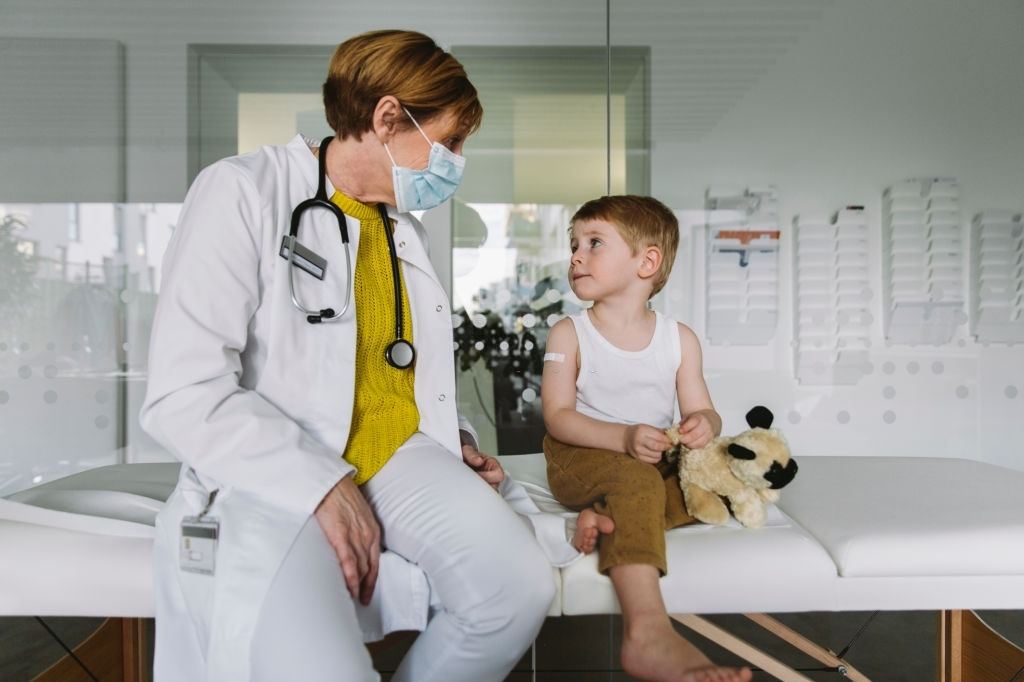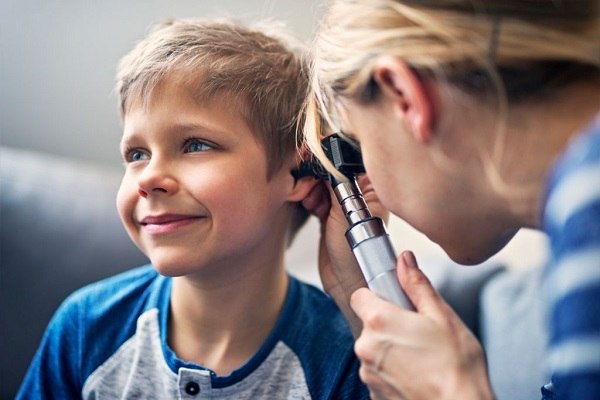Does your child suffer from allergies? Allergies exhibit an array of ear, nose, and throat symptoms in children. When nasal allergies affect your child, you need to visit an ENT specialist since they can escalate to other respiratory complications such as asthma.
Nasal allergies result in itching, sneezing, congestion, and sneezing. In most cases, such symptoms are caused by allergens such as pollen and dust, toxic mold, and dander. Note whether these symptoms recur at certain times of the year and discuss your findings with the doctor.
Pediatric Sinusitis
Sinusitis is a swelling or inflammation of the sinus tissue. The sinus tissues in the throat are filled with air. However, they can swell and block if exposed to the allergens.
Your doctor will recommend a decongestant or saline nasal washes. However, depending on the condition of the sinuses, your doctor can prescribe an antibiotic. That is why you should avoid buying a decongestant over the counter without a professional diagnosis.
Pediatric Sleep Allergies
Children develop sleep disorders that include restlessness, snoring, awakening at night, and obstructive events (apnea). It is important to note whether your child starts wheezing immediately after sleeping. If left untreated, this allergy can lead to loss of cognitive functions and difficulties in arousal during the day.
Sleep allergies are diagnosed as tonsillitis or inflammation of the adenoids. Your pediatrician will recommend a nasal spray to treat the inflammation or an antibiotic if the swelling is bacterial. In other situations, the doctor may recommend removal of the tonsils if the child:
- Has several episodes of adenoid infection and middle ear infections
- Shows no signs of improvement after taking an antibiotic
- Suffers from chronic airway blockages
- Develops obstructive sleeping problems
Middle Ear Allergies
Otitis media or middle ear infection is one of the most common medical problems in children. The middle ear is connected to the respiratory tract by the Eustachian tube. As such, germs that grow in the nasal and sinus cavities can enter the middle ear through this tube.
The pediatric ENT specialist will use an Otoscopy to detect whether the middle ear has any fluids that can encourage bacteria to grow. After observation, antibiotic treatments will be recommended. Even after treatment, follow-up observations are vital since the problem is likely to recur.
Sore Throats
Sore throats are caused by exposure to colds breezes, especially at night. Due to such allergies, mucus is likely to develop in the nasal airways. When mucus accumulates at the back of the throat, it can cause a blockage and difficulties in breathing, coughs, and sneezes.
Sore throats are bacterial, meaning that antibiotics will help. However, if the infection is viral, the doctor will recommend lozenges. However, the infection will take about seven days to cure since the virus has to run its course.
Consult a Certified Pediatrician
Discussing the symptoms with a pediatric ENT specialist and how severe they are is the best way to determine the allergies that make your child sick. The first step is to seek treatment as the allergies can develop to other complications such as asthma and pneumonia. Once you have identified the allergies triggers that affect your child, you can avoid them where possible.
Does your child have any allergies and complications? Contact us so that we diagnose and provide the right treatment.


